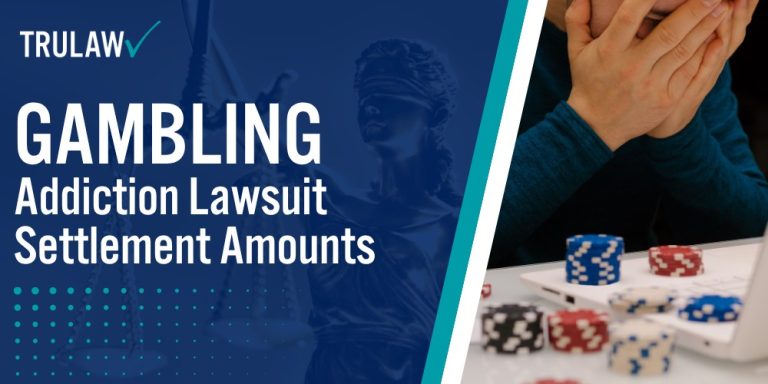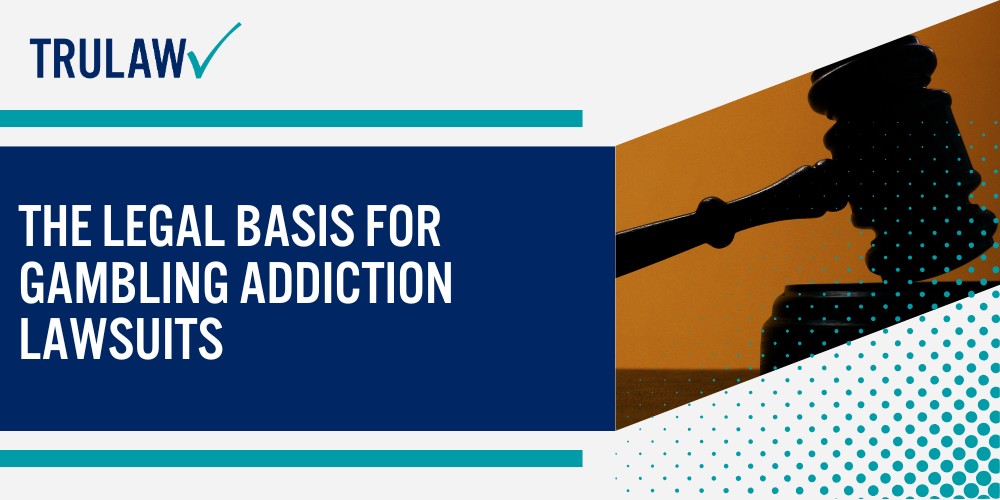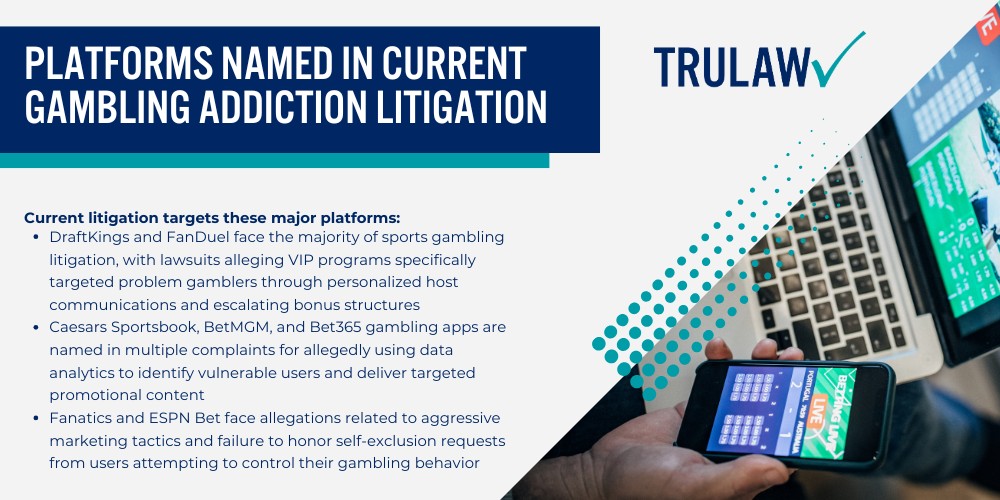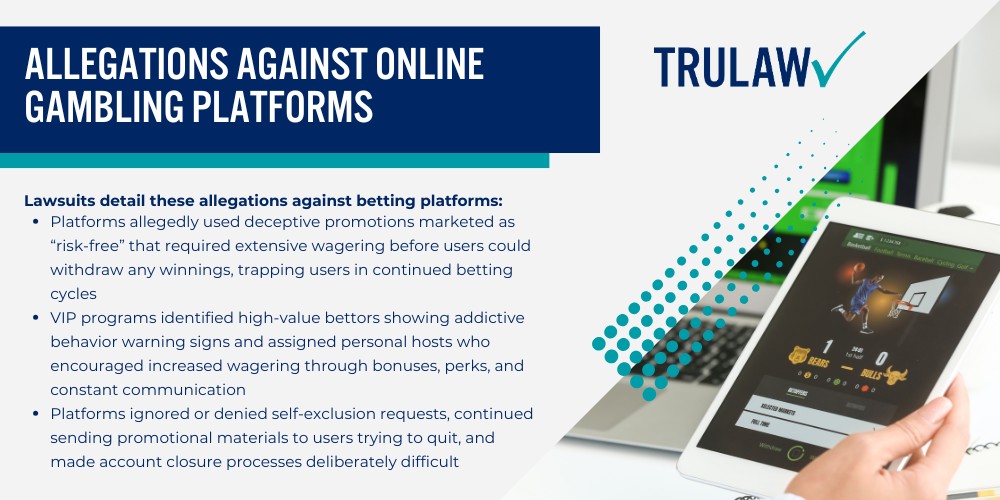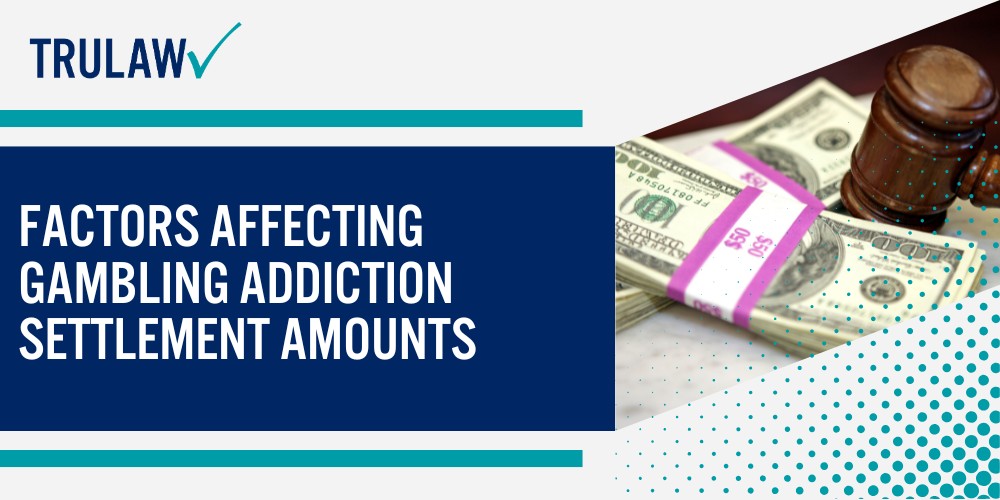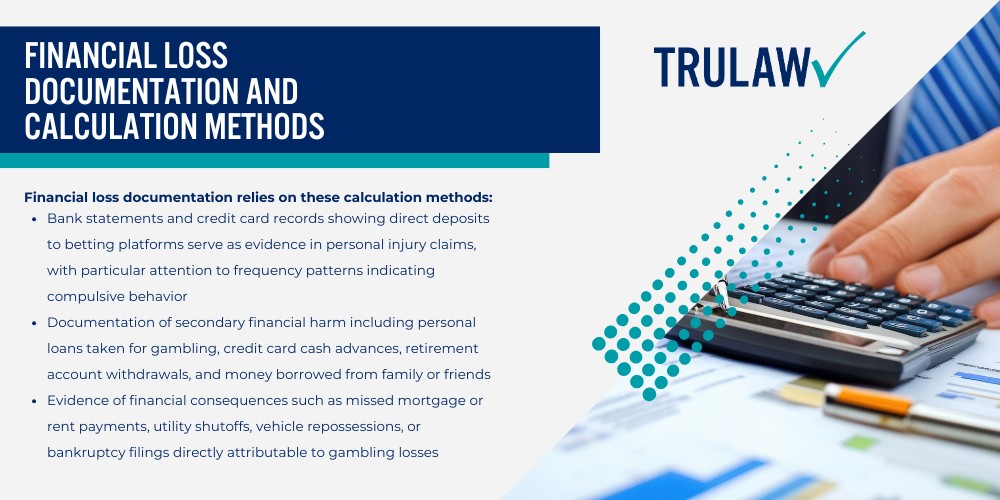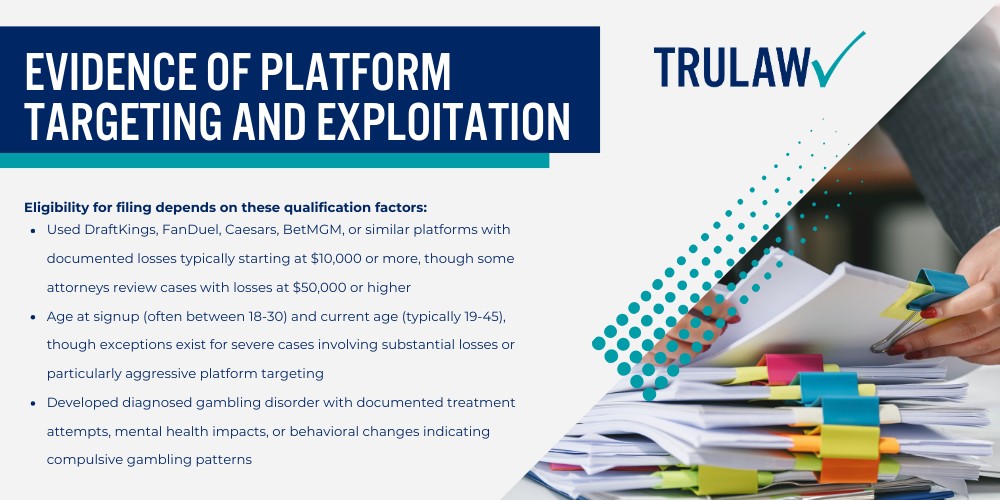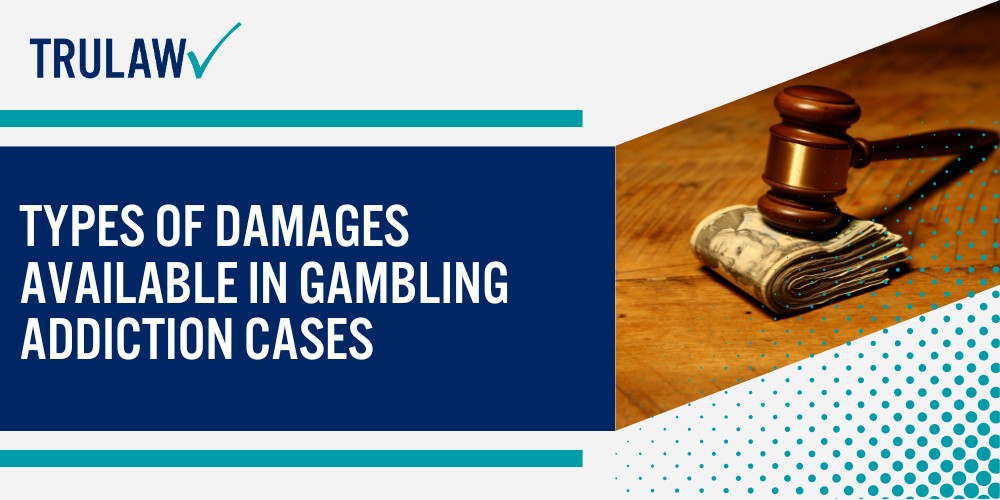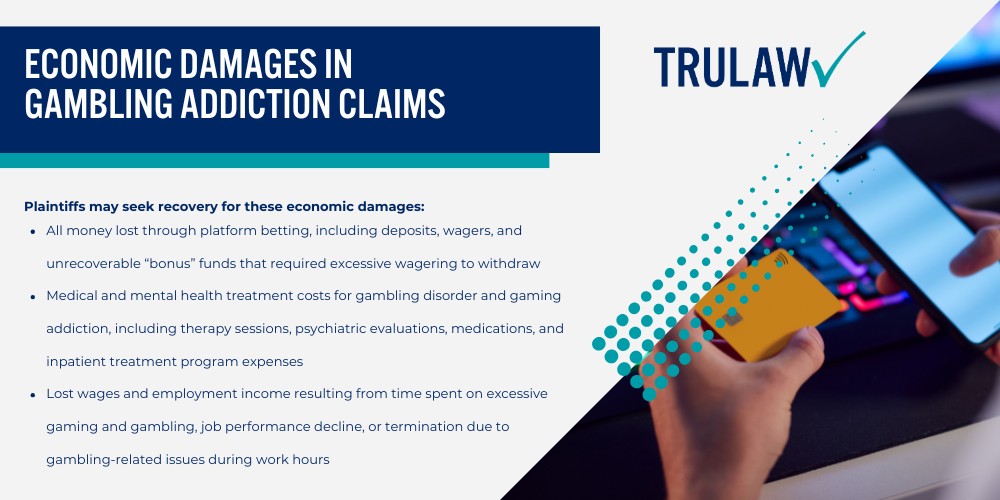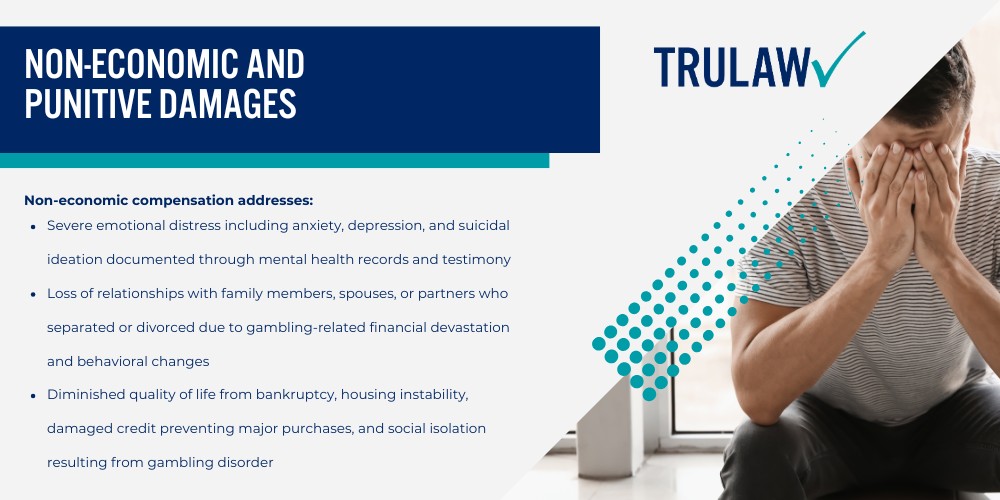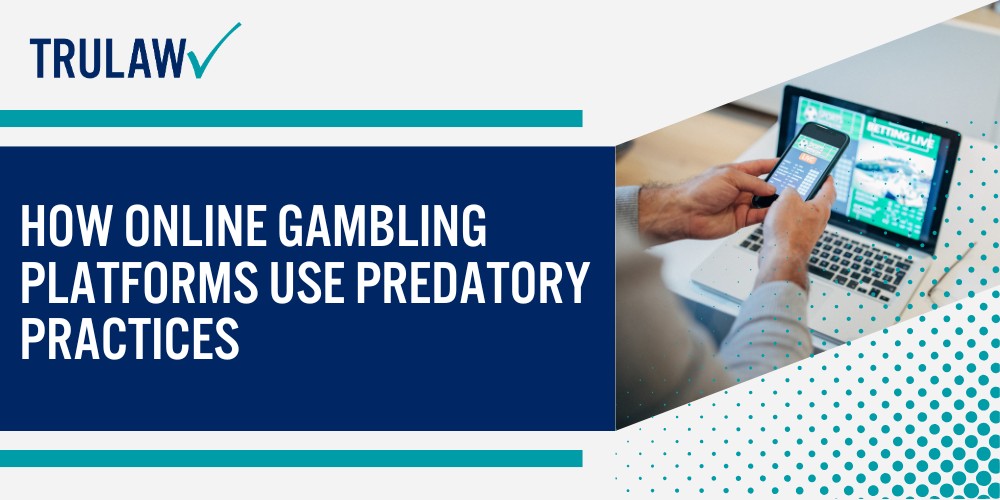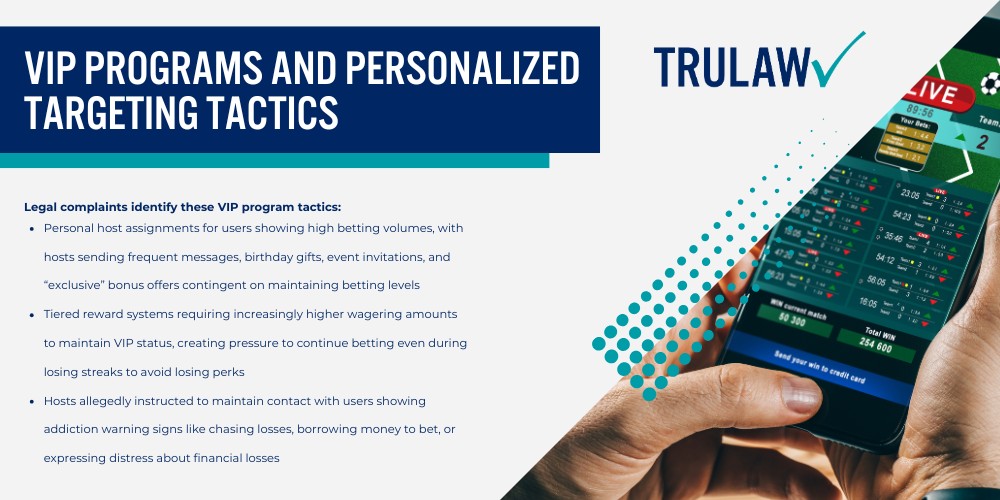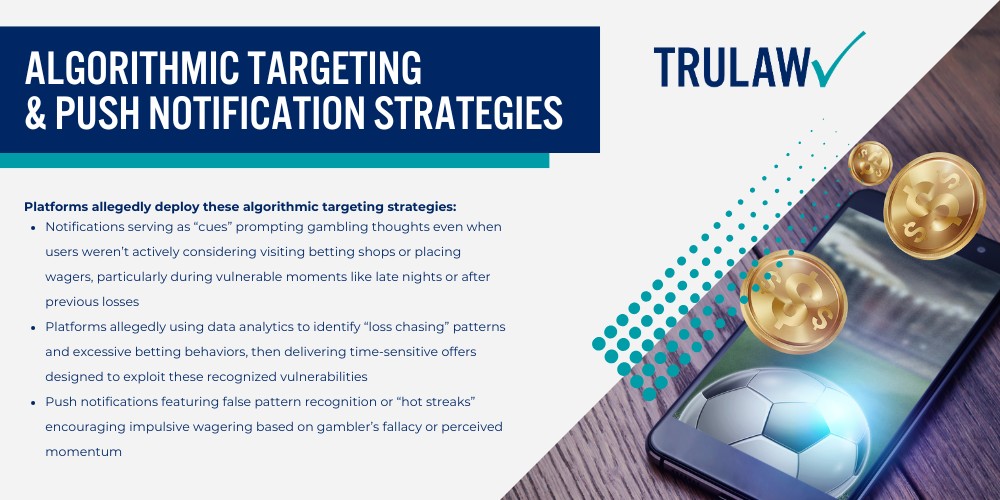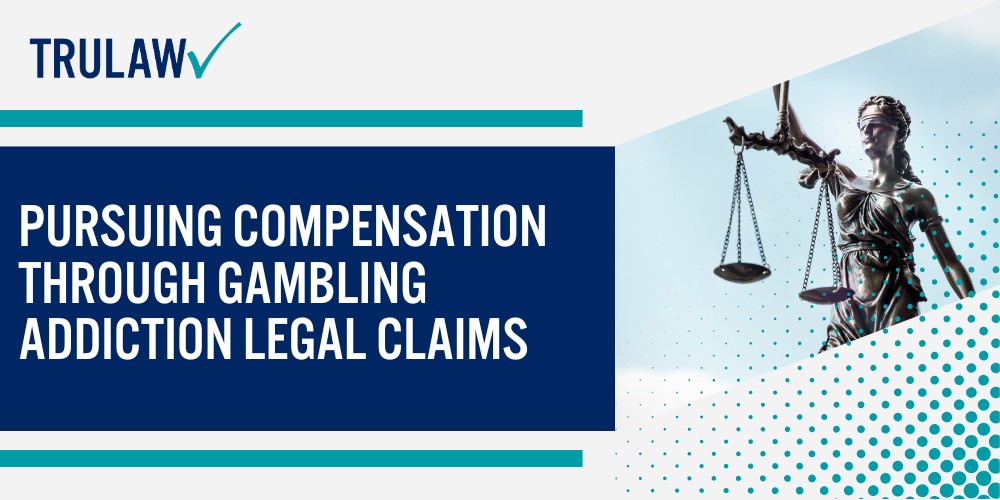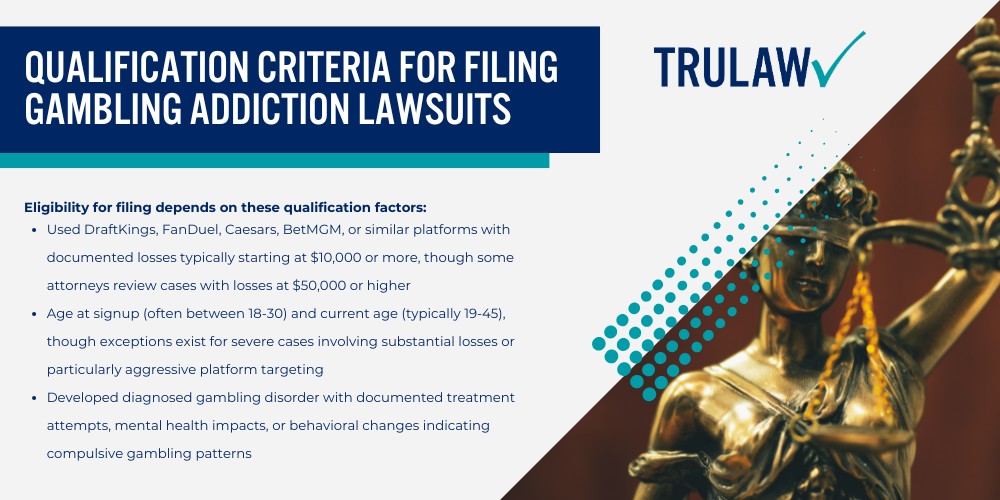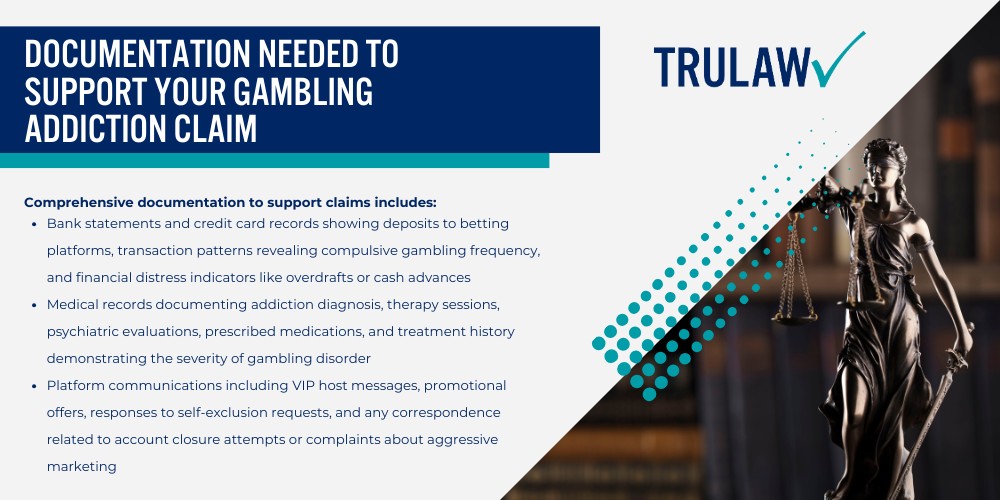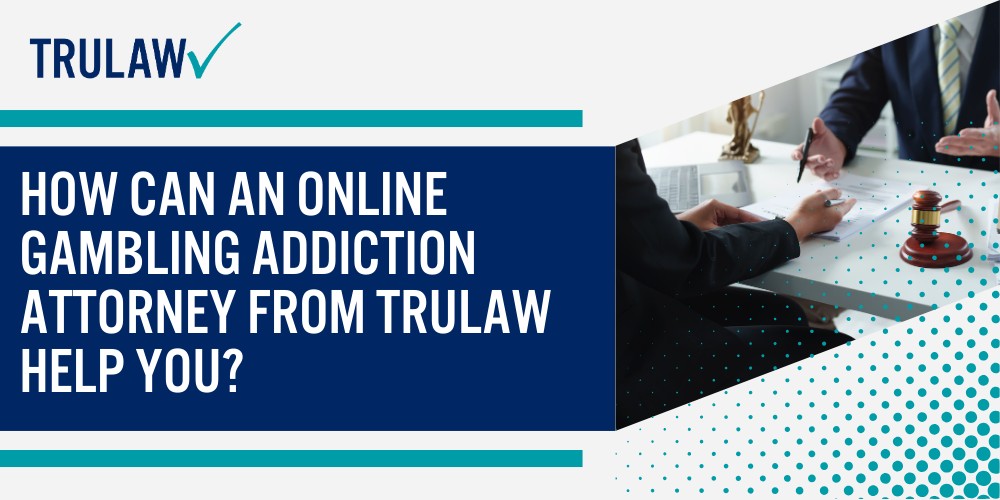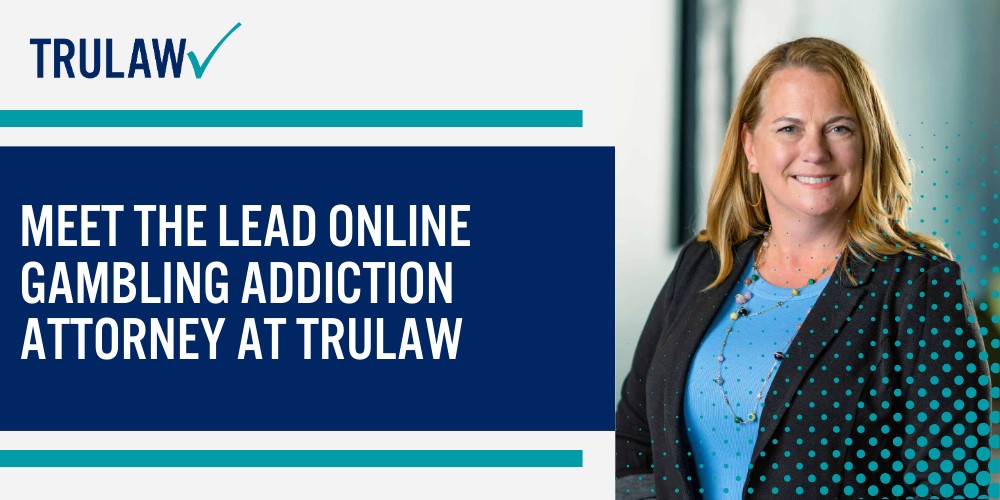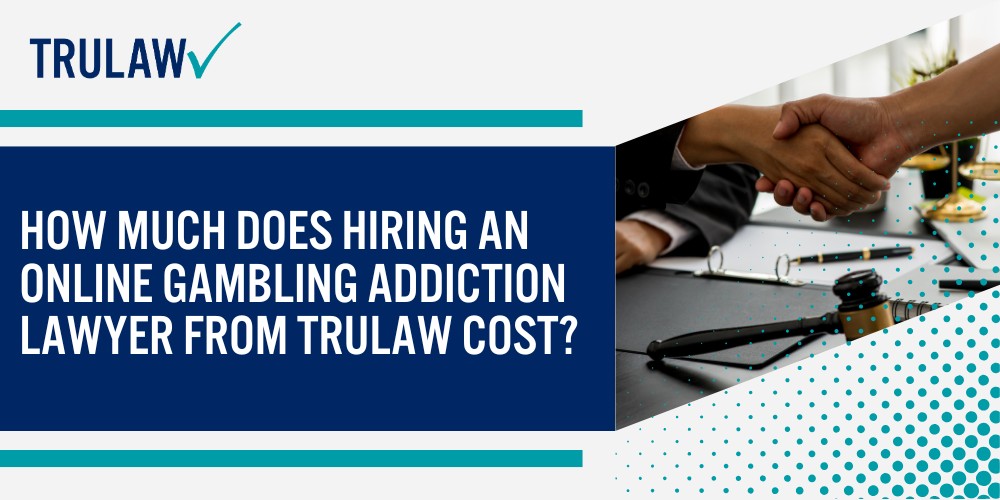Gambling addiction lawsuit settlements provide financial compensation for individuals harmed by online betting platforms through allegedly predatory practices.
Settlement amounts vary based on individual circumstances, documented financial and personal losses, and the severity of mental health impacts.
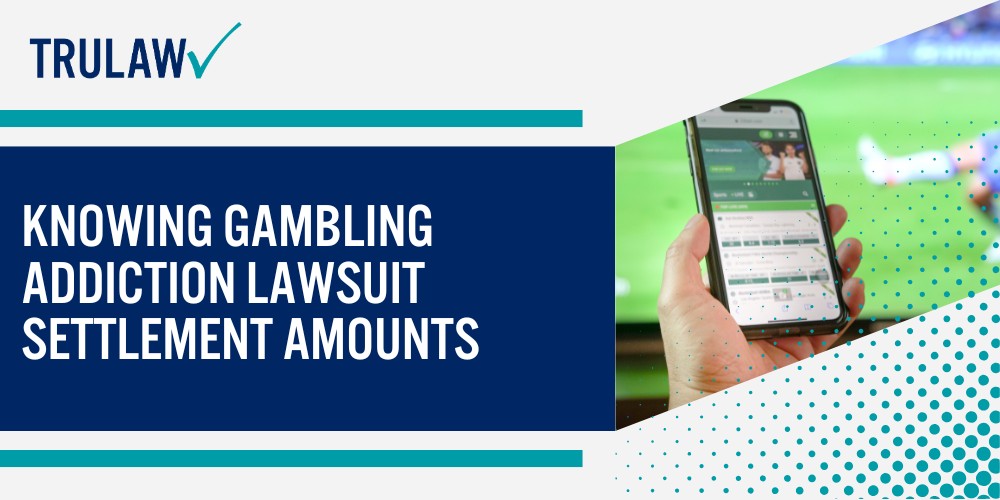
While specific amounts differ by case, legal action aims to hold companies accountable and recover documented losses and address harm caused by platforms that allegedly targeted vulnerable users through VIP programs and personalized algorithms.
Projected Settlement Ranges for Gambling Addiction Cases
Settlement projections vary based on loss severity, documented evidence of platform targeting, and the extent of mental health harm suffered by plaintiffs.
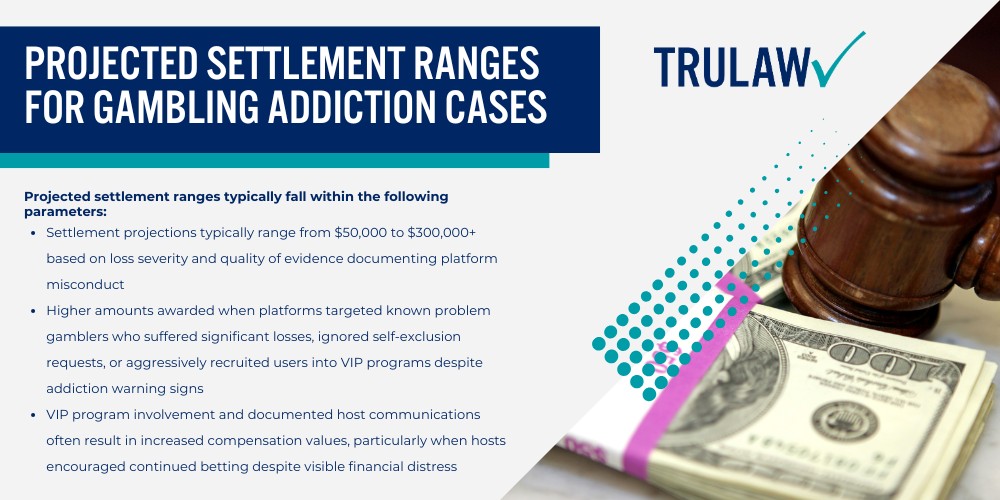
Projected settlement ranges typically fall within the following parameters:
- Settlement projections typically range from $50,000 to $300,000+ based on loss severity and quality of evidence documenting platform misconduct
- Higher amounts awarded when platforms targeted known problem gamblers who suffered significant losses, ignored self-exclusion requests, or aggressively recruited users into VIP programs despite addiction warning signs
- VIP program involvement and documented host communications often result in increased compensation values, particularly when hosts encouraged continued betting despite visible financial distress
DoubleDown Interactive agreed to a $415 million class action lawsuit settlement to resolve claims its casino mobile games violated Washington’s gambling laws, demonstrating that major settlements in gambling addiction cases can reach hundreds of millions of dollars.
Settlement calculations consider total gambling losses as primary damages, combined with medical expenses for mental health treatment and compensation for emotional harm documented through medical records and therapy documentation.
Please be advised that any projected or estimated settlement amounts mentioned on this page are general estimations and are not guaranteed.
These figures are based on opinions of legal experts based on the nature of the injuries and estimated costs of damages.
They are meant to provide a general idea of what settlement ranges could look like and should not be taken as definitive expectations for your case.
Contact TruLaw using the chat on this page to receive an instant case evaluation.
Factors That Determine Individual Settlement Values
Individual settlement values depend on total financial losses, age demographics, and the severity of gambling disorder documentation submitted as evidence.
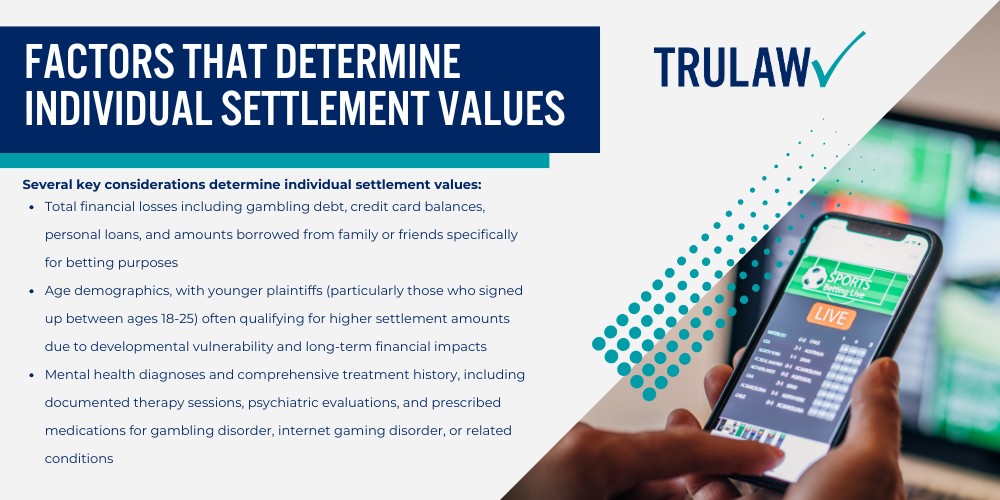
Several key considerations determine individual settlement values:
- Total financial losses including gambling debt, credit card balances, personal loans, and amounts borrowed from family or friends specifically for betting purposes
- Age demographics, with younger plaintiffs (particularly those who signed up between ages 18-25) often qualifying for higher settlement amounts due to developmental vulnerability and long-term financial impacts
- Mental health diagnoses and comprehensive treatment history, including documented therapy sessions, psychiatric evaluations, and prescribed medications for gambling disorder, internet gaming disorder, or related conditions
The average debt generated by a man addicted to gambling is between $55,000 and $90,000 from spending money on platforms, while women gamblers average $15,000 of debt, with more than 20% of compulsive gamblers filing for bankruptcy.
The combination of multiple factors—substantial documented losses, youth at time of platform signup, diagnosed gambling disorder with treatment attempts, and evidence of platform targeting through VIP programs—strengthens cases and increases potential compensation substantially.
